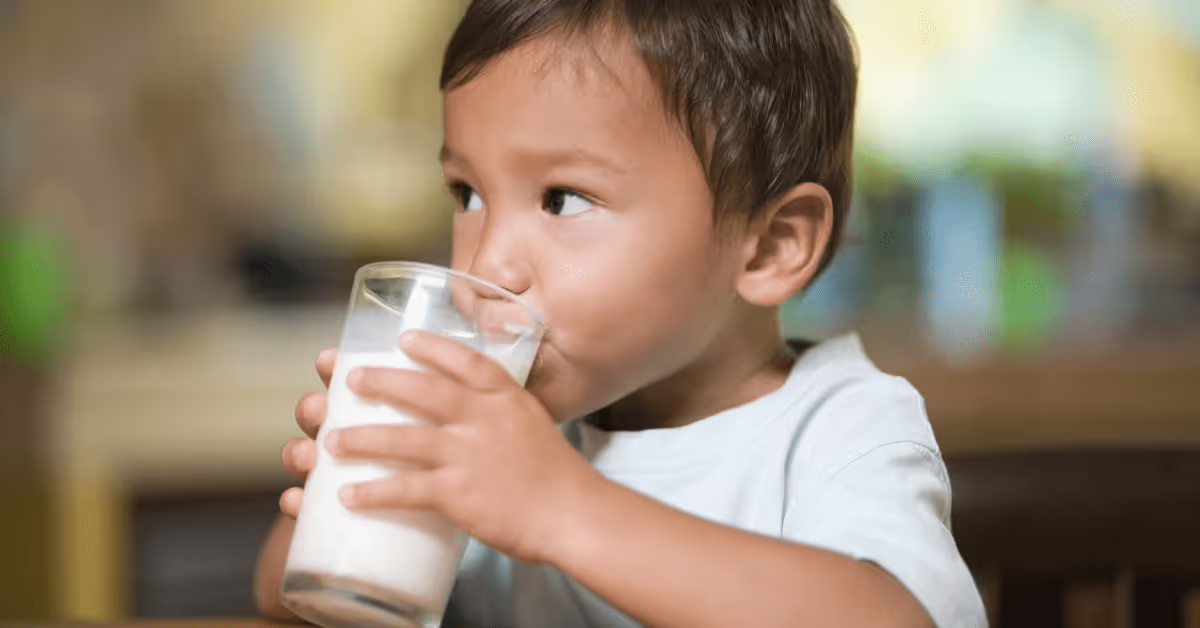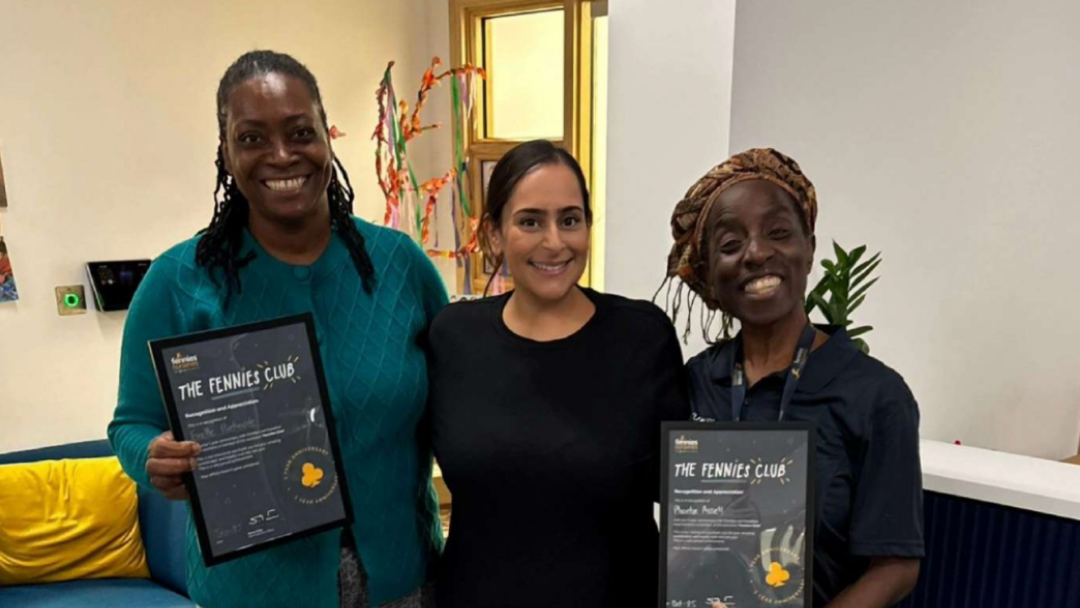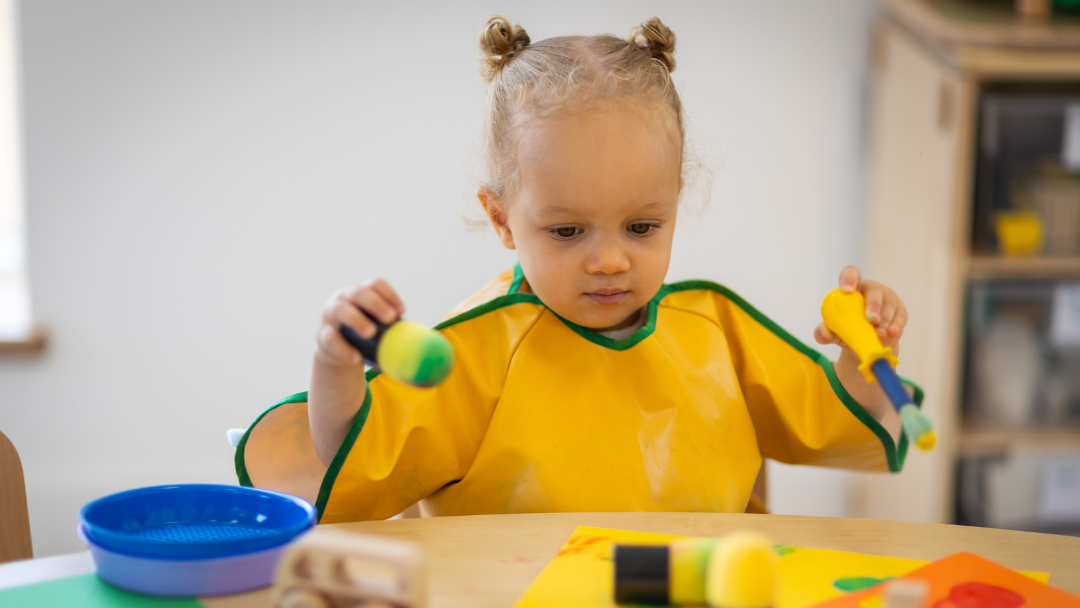Fennies are proud to be accredited by the Early Years Nutrition Partnership (EYNP) for our menus and contribution to supporting good nutrition in the early years. We are delighted to bring you regular nutrition updates and evidence-based articles written by our Registered Nutrition Professionals. In this post, Janet explores the importance of calcium for under 5s.
Healthy bones and teeth are formed in early childhood and during our teenage years. Calcium and vitamin D are both vital ingredients to support healthy bone development, and we know that children who get enough calcium and vitamin D during childhood are most likely to reach adulthood with the strongest bones possible.
The Science Bit
Our skeleton starts off life made entirely of cartilage – a relatively soft tissue. During pregnancy and in early childhood, the soft tissue is gradually replaced by mineral deposits including calcium and phosphorus which form bone. Interestingly the centre of bones becomes mineralised first, leaving the soft ends to continue to grow and develop. By birth although some parts of the tissue have developed into bone, many areas remain as softer cartilage to allow for continued growth. As bones grow and develop during childhood and teenage years, more and more become hardened with calcium and other mineral deposits.

By the time we reach our late teens or early twenties, we reach skeletal maturity – this means that all the cartilage has been replaced by bone and no further bone growth is possible. After this point bones can still increase in thickness but this will be dependant on many things including levels of physical activity. We shouldn’t forget about calcium as adults either – our bones continue to adapt plus calcium also has other really vital roles in our body too.
Why Is Calcium Important?
Without enough calcium coming from our diets, it is impossible for our bones to develop to their full potential. Calcium is the main mineral that makes up our bones and as we can’t make calcium in our body, we need to get it from our diets.

As our bones are constantly developing, and due to the rapid growth that we see in early childhood, getting enough calcium before the age of 5 is vital. During pregnancy, early feeding (breastfeeding or formula feeding), weaning and in later years it is imperative that sufficient levels of calcium are provided to the child.
What About Vitamin D?
Vitamin D is also important for healthy bones because it acts like a ‘key’ to help calcium be ‘locked in’ or absorbed properly into the bone matrix. Even if there is plenty of calcium coming from the diet, it cannot be used properly unless there is also enough Vitamin D.
Vitamin D is mainly produced in our bodies by the action of sunlight on our skin. This triggers a process whereby we make our own vitamin D. Some foods can provide a source of vitamin D such as oily fish, eggs, liver, red meat and some fortified foods.
How much calcium does my child need?
The current recommendation for calcium is between 350mg and 525mg per day depending on the age of the child. This equates to approximately three servings of calcium-rich food during the day.
Which foods contain calcium?
Calcium-rich foods include:
- Cows’ milk
- Dairy-based cheese, yoghurt and fromage frais
- Calcium enriched plant-based milk and milk products
- Soya beans
- Tofu
- Green leafy vegetables e.g. broccoli, cabbage, okra
- Fortified bread and breakfast cereals

Including milk (cows’ milk or an alternative) in your child’s diet is a great way to ensure they are getting enough calcium. Full fat milk is recommended up to age 2, but after 2 and if they are receiving enough variety in the rest of their diet, semi skimmed milk can be offered.
Providing milk-based desserts can be an effective way of offering additional nutrients to a main meal – a second chance for children to gain essential nutrients. Homemade custards or milk puddings are an excellent option in addition to natural or fruit-based yoghurts or fromage frais.
It is possible for children to get enough calcium from foods other than dairy however this will require careful planning and input from a registered health care practitioner. If your child has an allergy to dairy, or if you avoid dairy for any other reason, it is recommended that you seek advice from your GP, allergy specialist or dietitian.
Should my child still have milk to drink?
Absolutely – milk at any age is a nutrient-rich addition to the diet. Not only does it contain a great source of calcium, but it is also a source of other important nutrients such as protein, B vitamins, zinc and potassium.

Milk can continue to be included in a healthy and balanced diet throughout life, but particularly in early childhood. Once your child is weaned onto solid food, include milk as a drink perhaps in the morning and at bedtime and offer other calcium rich foods during the day to ensure variety. Having too much milk can displace a child’s appetite, so once they have a good variety of other foods in their diet it is important to reduce the amount of milk they are drinking. Current recommendations are to include around 350ml of milk, or other sources of calcium rich foods every day after the age of 1 year and fully weaned.
Take home Tips
- Calcium rich foods are vital to include as part of a healthy and balanced diet
- Healthy bones and teeth are essentially made from calcium (and other minerals)
- Include at least three servings of calcium-rich foods every day
- Milk (or calcium-rich alternatives), yoghurt, fromage frais, milk-based desserts, fortified foods, soya, tofu and green leafy vegetables are all excellent sources of calcium.
FAQ
Subscribe to our newsletter
Stay up to date with Fennies news







.png)


